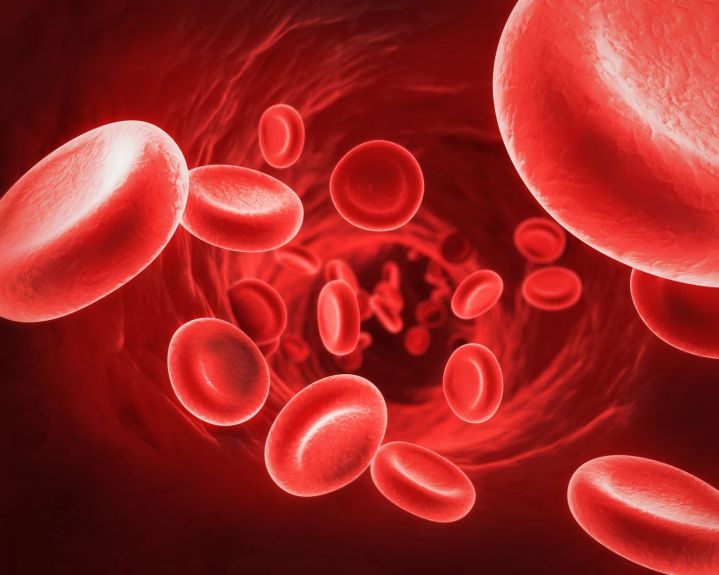
Rubius Therapeutics, a biotech startup that is creating “superblood” to treat a range of conditions including cancer, has raised an extra $100 million to make its dream a reality. Previously, the company raised $120 million from investors, thereby bringing its total haul close to the one quarter of a billion dollars mark — all in less than one year.
Rubius is developing Red-Cell Therapeutics (RCT). These are genetically engineered, enucleated red cells which have been engineered to carry therapeutic proteins. Depending on the requirements, they can be loaded up with the necessary proteins to replace missing enzymes, kill tumors, and regulate the immune system for the battling of cancer and autoimmune diseases. They can then be transfused into patients to apply their healing powers.
A couple of things make the technology neat. For one thing, the fact that the cells have no nucleus means that they are not recognized by the immune system. Red blood cells are also transported all over the body, which will allow the “superblood” to reach whichever tissue or organ it needs to reach. Between these two abilities, the idea is that Rubius is creating an off-the-shelf solution that wouldn’t need to be personalized to each patient.
The extra $100 million in funding will help speed up the development of these genetically engineered red blood cells so that they can reach us, the end user, more rapidly.
“The addition of this funding further strengthens our foundation and enables us to accelerate the development of our first wave of RCT products that are targeting treatment of enzyme deficiencies, cancer, and autoimmune disease,” Torben Straight Nissen, president of Rubius Therapeutics, said in a statement. “We have assembled an extremely talented team of investors, leadership and advisers, which all share the long-term vision of bringing novel cellular therapies to patients.”
Here at Digital Trends, we’ve previously covered projects such as micro-scale robots which could be used as drug delivery systems inside the human body. The idea of being able to help treat diseases — potentially ranging from cancer to diabetes — using targeted drug delivery is certainly an exciting one. It’s great to see that investors clearly think so, too!


